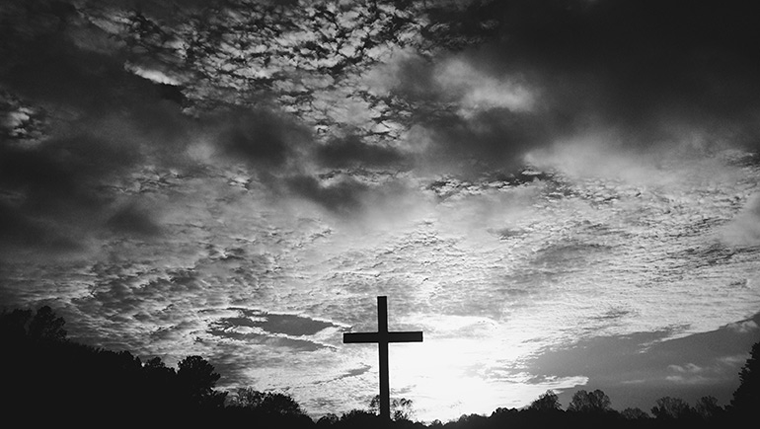… I have set before you life and death, blessing and curse. Therefore, choose life, … Deuteronomy 30:19
My first response to this is, “who would choose death?” Of course I choose life! But do I really? All the time?
The word, chi, and its roots, are what gets translated as life here. But it comes in several forms. In Hebrew, a plural can mean more than one or it can mean most or more important. Because of its importance, eternal life is expressed in the plural. It is weighty in subject but also includes life now and life to come.
This day I call the heavens and the earth as witnesses against you that I have set before you life (plural) and death, blessings and curses. Now choose life (plural), so that you and your children may live (singular). Deuteronomy 30:19 edit notes are mine
God has taken Israel to an edge and He presents them with a choice. He exhorts them to choose life – so that they may live.
God offers us eternal life. He exhorts us to choose it. And if we do, we find that we also have an abundant life here and now. Because our eternity is secure, we live fearlessly today to engage fully in all of life.
A rabbinic thought is that life and death also include all of life from birth. Choosing life, then, includes all the aspects of life - choosing to acknowledge the dignity of life, honoring the image bearers of God. Sometimes choosing life means laying down our own life, or at least laying down what I want it to be.
And this is the way:
... that you may love the Lord your God, listen to His voice, and hold fast to Him. Deuteronomy 30:20
Just as Israel was confronted with a choice – so are we. We can choose life, His life, both now and forever. And in so doing fulfill life to its fullest now and every day. I have chosen life. And I strive to continue to choose it every day and in every way.
I came that they may have life and have it abundantly.John 10:10





